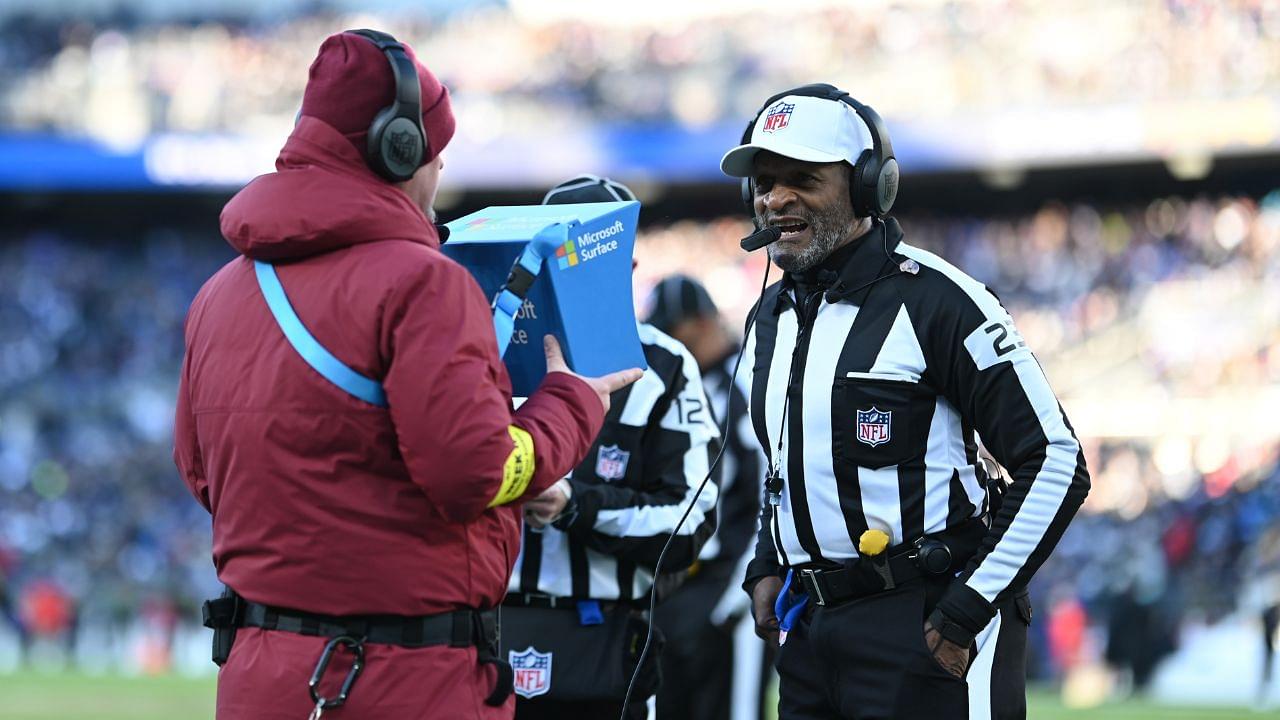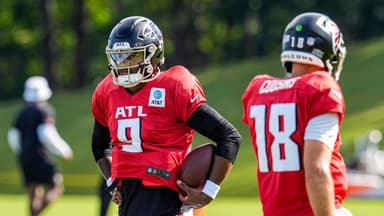When it comes to NFL officials, there is no one more famous than Jerome Boger. Or infamous, depending on which team you support. The Super Bowl XLVII referee has had his fair share of controversial moments this season. However, it seems he will not have them anymore after the NFL announced his retirement on Thursday. However, he does seem to have made quite a lot of green in his time.
Advertisement
Perhaps the most controversial of all moments involving Boger came during this year’s clash between the Buccaneers and the Falcons. It is one of the finest moments of a “roughing the passer” call changing the nature of the game itself. That, among other such calls, resulted in a heated debate among fans and analysts about better means of refereeing, and how the NFL can avoid such controversies.
NFL announces the retirement of 4 more referees including Jerome Boger
The NFL on Thursday announced that 4 more referees would be parting ways with the league. Apart from Boger, Jerry Bergman, Walt Coleman IV, and Steven Patrick. In February, 6 more crew chiefs had decided to call it a day on their career. The NFL has yet to announce replacements for these 10 referees.
Jerome Boger was the longest-serving referee in the NFL, and it seems to have paid off quite well. Over his 18-year career as an NFL official, he has accumulated a net worth of around $3 million. While officiating may be a thankless job, the money comes in quite easily. Maybe this will prompt more youngsters to start thinking of NFL officiating as an alternative to playing in the league.
Boger and company started the massive debate about officiating standards
While Jerome Boger’s career has largely been spotless, last season was a bit of a turbulent one. Not just for him, but for a lot of referees. Most of the criticism revolved around calls that the referees made at their own discretion. Examples include roughing the passer, one of the most hated fouls in the NFL community right now.
Part of the problem, many think, lies with the NFL not issuing a standard reference policy when it comes to making calls at the referee’s discretion. The lack of a standard has led to reasons for flags ranging across the spectrum. However, there are also those who feel the part-time nature of the officials’ employment in the NFL is what makes these errors even more rampant.
Whatever the problem may be, the NFL has to start working toward a solution. With the larger NFL community in arms against poor officiating, the NFL cannot ignore the pleas of fans any longer. Will we see any changes in the officiating policy? Will the NFL resort to introducing some sort of technology to help referees make better decisions?







